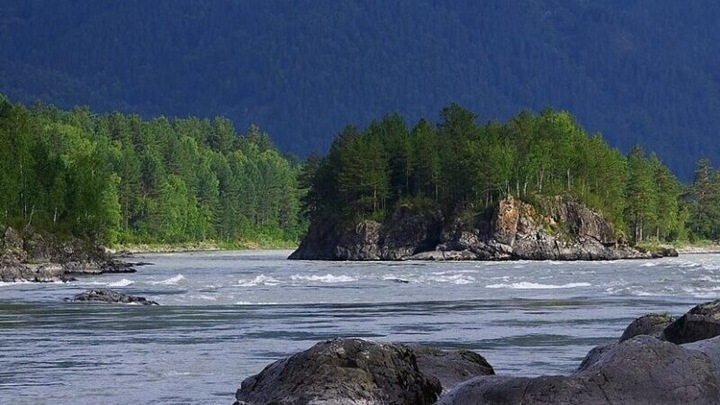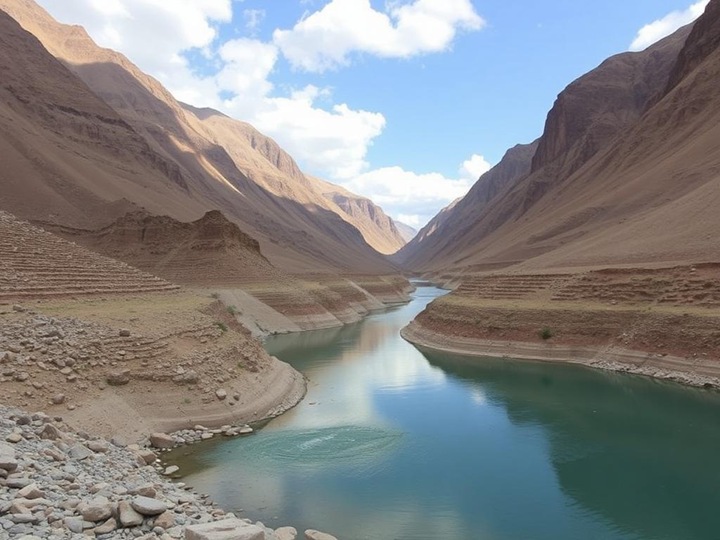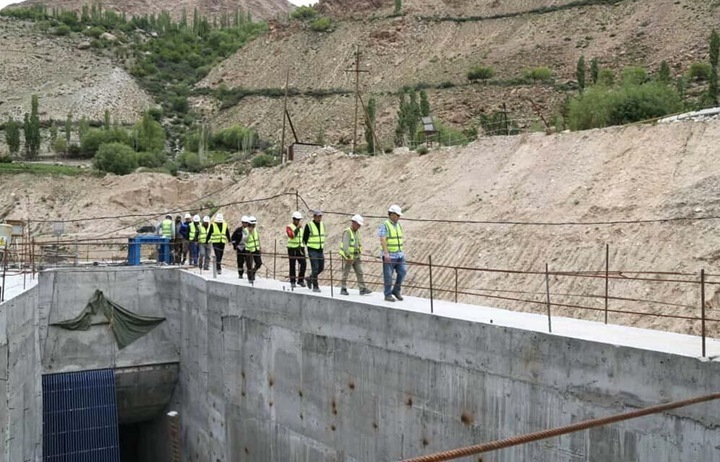Why is the project of turning Siberian rivers to Asia doomed to failure
Despite renewed discussions about plans to transfer the waters of Siberian rivers to Central Asia, such a project will almost certainly not be implemented in the current century. As noted by Andrei Grabatov, a Russian commentator specializing in Central Asia and who in the past worked on similar plans of the Brezhnev era, in his article for the Diplomatic Courier, an appendix to the Moscow Nezavisimaya Gazeta, the obstacles to this plan are even more serious today than at the end of the Soviet period, when Moscow refused to implement it.. According to his estimates, overcoming the existing problems makes the completion of the project by 2100 “unlikely.”

Among the main difficulties that such an initiative will face, and many of which are now much more deeply understood than forty years ago, the geopolitical factor stands out first of all. The collapse of the USSR led to the emergence of new independent states in Central Asia, each with its own interests. In addition, China and, potentially, other countries are showing interest in access to Siberian water, which greatly complicates the coordination and coordination of such a large-scale project.
Another insurmountable barrier is the enormous financial costs. The construction of canals or pipelines, as well as the construction of new power plants necessary for pumping water, requires huge investments amounting to tens, if not hundreds of billions of dollars. The Central Asian countries do not have sufficient funds to finance such large-scale works, and no external force, including Russia, currently expresses readiness to take on these costs in full.
Serious concerns are also caused by the environmental impact of the project on Siberia and the Russian North. The consequences, which were only partially predicted in the 1980s, are much better understood today, and they appear to be catastrophic for fragile northern ecosystems, including climate change in the region, permafrost degradation and damage to biodiversity. This generates significant resistance to the project both from official Moscow and among an increasing number of ordinary Russians and environmental organizations.
In addition to the factors listed, there is another, albeit less frequently mentioned reason why the Russians are likely to oppose the plan. Andrey Grabatov points out that if Central Asia receives additional water from Siberia, this could lead to an increase in the birth rate in the region. Such a demographic shift, in turn, will potentially increase migration pressure on the Russian Federation, which, according to the expert, Russia is trying to avoid.
Yerlan Bekenov (“Postasia”)
Original (in Russian): Почему проект поворота сибирских рек в Азию обречен на провал


